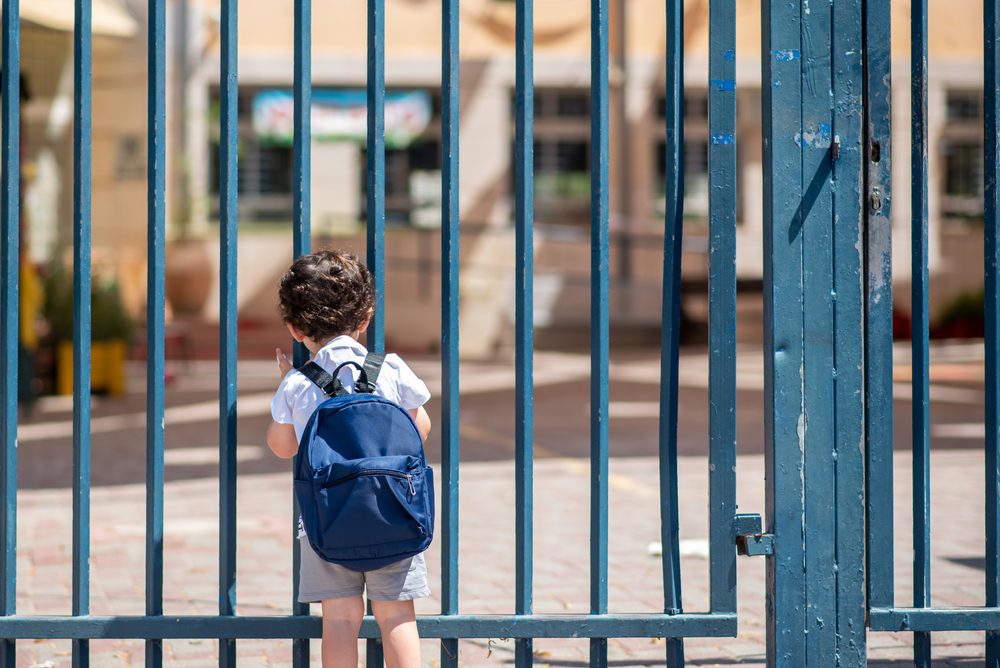More than 100,000 teachers in England and Wales have today, February 1st, joined national strike action—the first of its kind since 2016. Members of the National Education Union (NEU), who voted “in overwhelming numbers” for the action to take place, are demanding a “fully funded, above-inflation pay rise.” They argue that anything less would in real terms amount to a cut in teacher pay. Meetings with Education Secretary Gillian Keegan ahead of the mass walkout were described by industry representatives as “unproductive” and as having “squandered an opportunity” to keep schools open.
Mrs. Keegan, who has characterised union demands as “economically incoherent,” this morning claimed the “majority” of schools remained open. Research is being conducted to measure the full impact of the strikes on institutions, with early estimates suggesting more than 23,000 schools have—to varying extents—been affected.
Head teachers were asked to bring in measures that would see the return of lockdown-style learning during strike action, though the negative fallout of such a contingency is now well documented. Some school leaders were last month reported to have been reluctant to keep education running as smoothly as possible for fear of being labelled ‘scabs’—a term with historical weight in Britain relating to those who work despite strike action. One source close to several academy trusts told The Daily Telegraph that heads “fear being labelled strike breakers if they bring in support staff.”
More strike days will be held later this month and through March in Northern Ireland and again in England and Wales. Arabella Skinner, from the child advocacy group UsForThem, which campaigned heavily against burdensome restrictions during the COVID era, argued that even these few days will cause great disruption to learning and development. She said:
A few days more days off school here and there may appear innocuous, but we are not in a normal educational environment. The repeated school closures have meant that one in four children is now persistently absent from school.
Teachers’ strikes follow walkouts across a range of other sectors over recent months, including health care and transport. Politico’s Eleni Courea has highlighted that “strikes have only increased in frequency and spread across more parts of the public sector” since the government worked to clamp down on industrial action with a new strikes bill. The trend is unlikely to stop any time soon given that, among other factors, inflation continues to burden UK workers and the national economic outlook remains dire. Walkouts have prompted fears of a new ‘Winter of Discontent,’ a reference to widespread strikes in the late 1970s which saw off James Callaghan’s premiership and beckoned that of Margaret Thatcher. (Commentators who were around at the time have, however, “fail[ed] to see the similarities.”)
School closures—whether partial or full—bring further disruption than other strike actions in that they force parents to stay at home with their children, preventing them from going to work. The education secretary, whose government imposed school closures during the pandemic, said: “It is hugely disappointing [that] the NEU is continuing with strike action. These strikes will have a significant impact on children’s education, especially following the disruption of the past two years, and are creating huge uncertainty for parents.”






